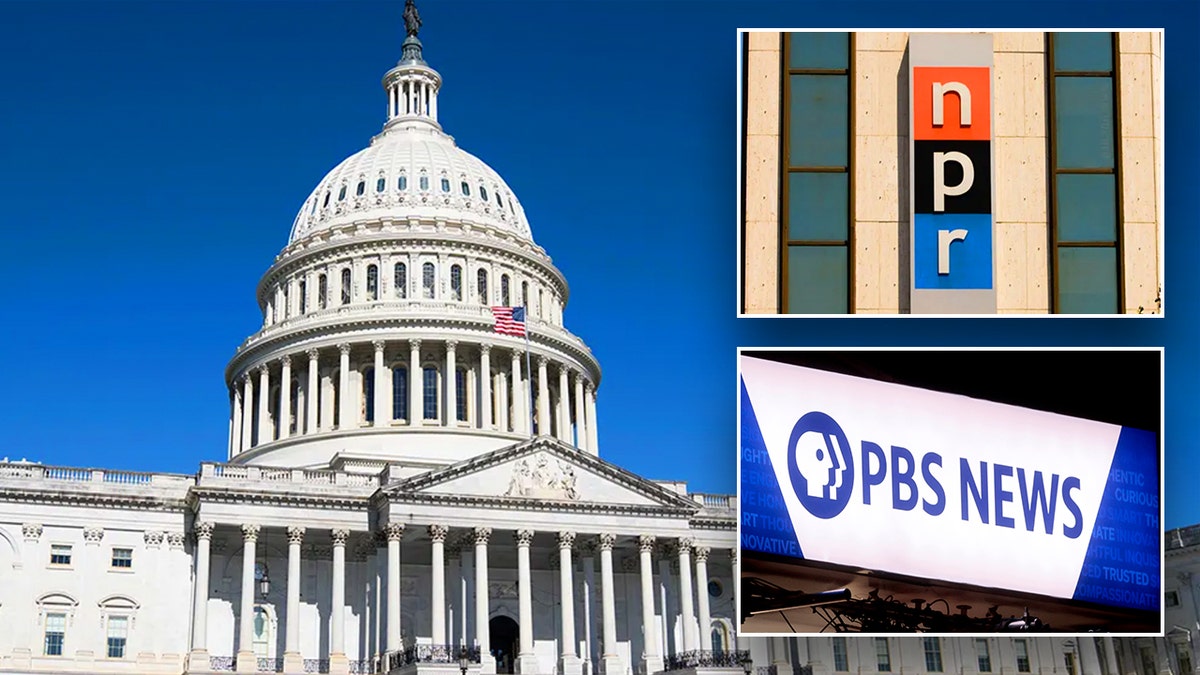NPR Exclusive: U.S. Policy and the Gaza Crisis

Introduction
As famine continues to devastate Gaza, NPR's exclusive reporting sheds light on the role of U.S. policy in the humanitarian crisis. In interviews with former officials, a common question arises: did the U.S. do enough to prevent this tragedy?
U.S. Policy and the Gaza Crisis
The U.S. has played a significant role in shaping the situation in Gaza. In the 1990s, the U.S. brokered the Oslo Accords, which divided the Palestinian territories into separate areas, leaving Gaza isolated and dependent on Israel for goods and services. In the following years, the U.S. has been the largest donor of aid to the Palestinian Authority, but this aid has been inconsistent and often tied to political conditions. As a result, the Palestinian economy and infrastructure have been severely weakened, creating a fertile ground for famine to take hold.
The Impact of U.S. Policy on Gaza's People
The consequences of U.S. policy in Gaza have been devastating for the Palestinian people. Restrictions on movement and access to resources have stifled economic growth and created food insecurity. The recent cuts in U.S. aid have only exacerbated the issue, leaving many Palestinians struggling to survive. As one former U.S. official interviewed by NPR stated, "We need to ask ourselves, did we do enough to prevent this crisis?" It is clear that more
About the Organizations Mentioned
NPR
National Public Radio (NPR) is a premier American public broadcasting organization headquartered in Washington, D.C., with NPR West based in Culver City, California. It functions primarily as a national syndicator, distributing content to a network of over 1,000 public radio stations across the United States, most of which are owned by non-profit entities such as public school districts, colleges, and universities[1]. Founded in 1970, NPR operates independently of government or corporate control, relying financially on dues and fees from member stations, corporate underwriting, and grants from the publicly funded Corporation for Public Broadcasting. This financial model helps maintain its editorial independence and diverse programming[1]. NPR is best known for its flagship news programs, *Morning Edition* and *All Things Considered*, which are among the most popular drive-time radio shows nationally, attracting weekly audiences of approximately 15 million each. These programs exemplify NPR’s strong reputation for in-depth, factual, and engaging news coverage, appealing to listeners interested in business, technology, and broader cultural topics[1]. Beyond radio, NPR manages the Public Radio Satellite System, which distributes not only its own programming but also content from independent producers and networks like American Public Media and Public Radio Exchange (PRX). It also serves as a primary entry point for the Emergency Alert System. NPR content is widely accessible on demand via online streaming, mobile apps, and podcasts, reflecting its strategic adaptation to digital media trends and the growing podcast market[1][2]. Notable aspects of NPR include its commitment to innovation in public media and its collaboration with leading organizations to navigate challenges such as historic federal funding cuts. NPR’s role in shaping public discourse through trusted journalism and storytelling makes it a vital institution in the U.S. media landscape, especially for audiences focused on business and technology news[1][2].
Palestinian Authority
## Overview and Functions The Palestinian Authority (PA), also known as the Palestinian National Authority (PNA), is the interim governing body for Palestinians in parts of the Israeli-occupied West Bank[1]. Established under the 1993 Oslo Accords between Israel and the Palestine Liberation Organization (PLO), its original mandate was to administer limited self-governance in designated Palestinian areas during a five-year interim period, after which final-status negotiations were expected to resolve the Israeli–Palestinian conflict[1][3]. The PA is responsible for civil administration—including education, health, and municipal services—and internal security in areas classified as “A” and “B” under the Oslo framework, but not in “C” areas, which remain under full Israeli control[1]. Its operations are headquartered in Ramallah, West Bank[2]. ## History and Development The PA formally began operations in 1994, following Israeli military withdrawals from Gaza and Jericho[4]. The first Palestinian elections in 1996 brought Yasser Arafat to the presidency and established the Palestinian Legislative Council (PLC)[4]. The PA’s early years were marked by institution-building and efforts to curb violence, as stipulated by the Oslo Accords, though continued unrest and political rivalries complicated its mandate[4]. After Arafat’s death in 2004, Mahmoud Abbas assumed leadership, and in 2013, he decreed the PA’s official name change to the “State of Palestine,” reflecting UN recognition of Palestine as a non-member observer state in 2012[1][3]. ## Key Achievements The PA’s main achievement has been the creation of administrative structures in the West Bank, including ministries for finance, health, education, and technology[6]. It has managed to deliver basic public services despite significant political and financial constraints. The PA has also engaged in international diplomacy, securing recognition for Palestine at the UN and maintaining relations with numerous countries[3














